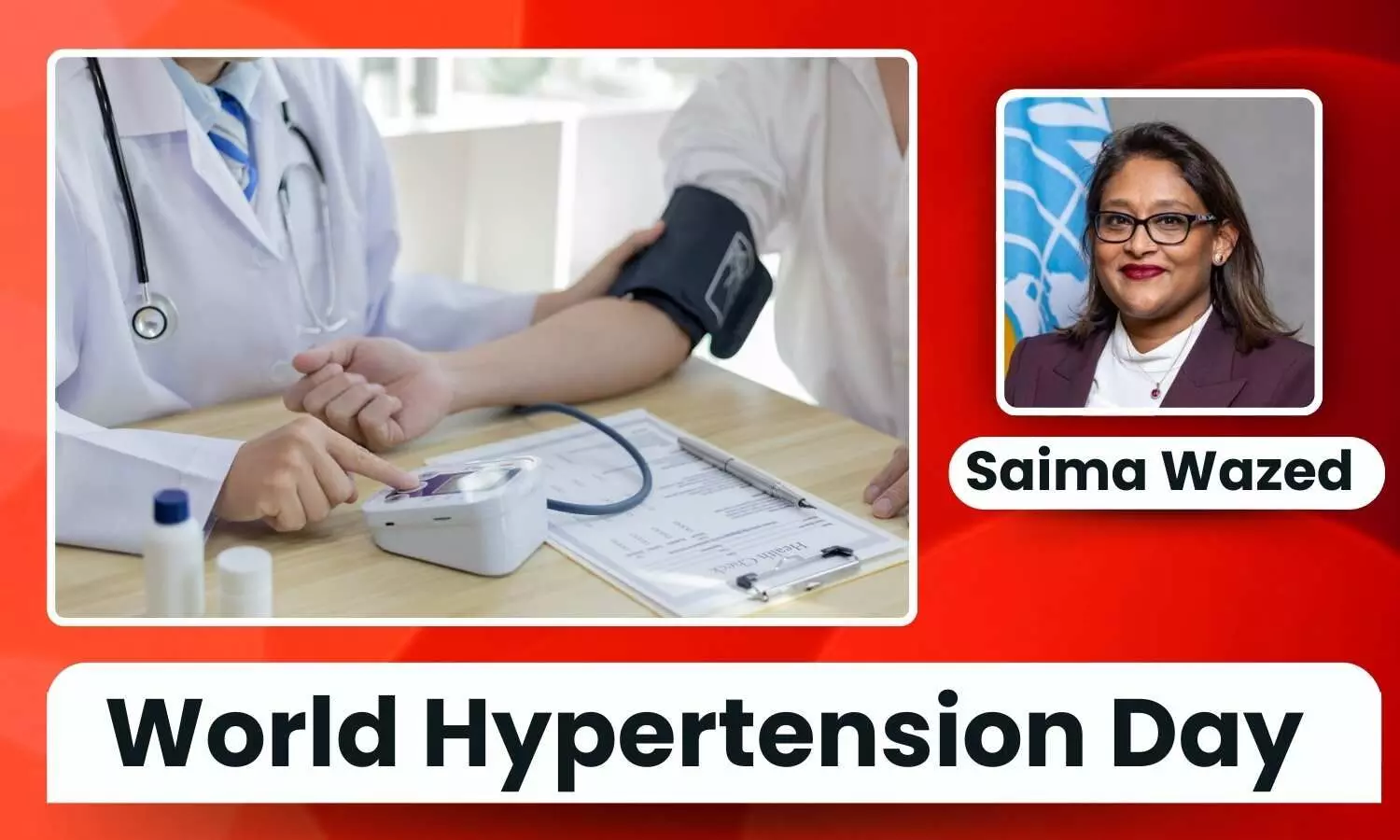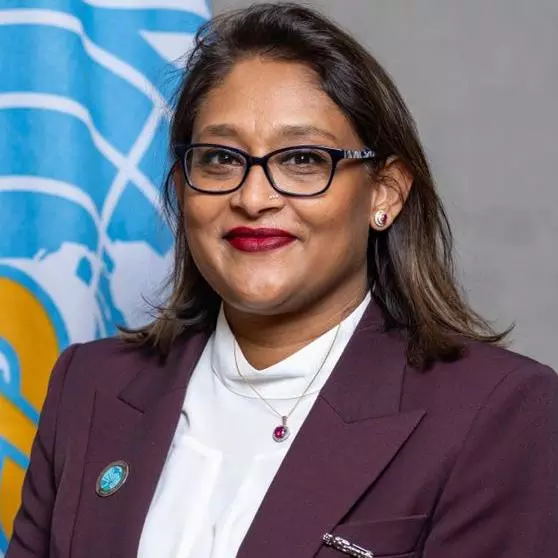World Hypertension Day 2025: Measure Right, Control It, Live Longer - Saima Wazed

World Hypertension Day, marked annually on 17 May, raises awareness and promotes hypertension prevention, detection and control. This year, on its 20th anniversary, it is being observed with the theme, "Measure Your Blood Pressure Accurately, Control It, Live Longer!"
Hypertension continues to be a major public health challenge—a silent killer that affects over 294 million people across the WHO South-East Asia Region. Modifiable behavioural risk factors such as tobacco and alcohol use, high salt intake, physical inactivity, unhealthy diets, and mental stress continue to drive its prevalence.
Hypertension remains a leading contributor to premature mortality from heart attacks and strokes in our region. Worryingly, the unmet need—defined as the gap between those with high blood pressure and those adequately diagnosed, treated, and controlled—remains as high as 88%. This indicates that 9 out of every 10 people with hypertension are not receiving optimal care.
Our Region has made bold commitments to address the burden of hypertension through the endorsement of SEAHEARTS—"Accelerating Prevention and Control of Cardiovascular Diseases in the South-East Asia Region".
SEAHEARTS has proven to be a powerful platform, enabling countries to scale population-level interventions that reduce tobacco use, decrease salt intake, eliminate trans-fat, and improve treatment coverage at primary health care.
By December 2024, the countries of our region collectively placed more than 46 million people with hypertension on protocol-based management in primary health care, as a step to bridge the unmet need.
We must now build on this momentum. I urge Member States and stakeholders—including governments, health care professionals, academic institutions, civil society organizations, and development partners—to align around three core priorities:
Strengthen risk factor reduction
Intensify and implement initiatives promoting healthy diets, physical activity, tobacco and alcohol control, and reducing salt and trans-fat consumption.
Accelerate integration of SEAHEARTS approaches in primary health care
Expand the integration of the WHO HEARTS technical package into every level of primary health care, with an emphasis on including healthy lifestyle counselling, uniform use of standardized treatment protocols, availability of validated blood pressure measuring devices, equitable access to medicines and robust monitoring systems.
Integrate services across sectors
Strengthen collaboration between health programs—including maternal and child health, mental health, and infectious disease services—to build a seamless continuum of care for hypertension and related NCDs.
With strong political will, community engagement, and innovative approaches, we can reduce the burden of hypertension and move closer to achieving our global goal of reducing premature mortality from noncommunicable diseases by one-third by 2030.
On this World Hypertension Day 2025, let us reaffirm our commitment to act strongly and collectively. Let us work together to ensure that every individual has the opportunity to live a longer, healthier life—free from the preventable complications of hypertension.


